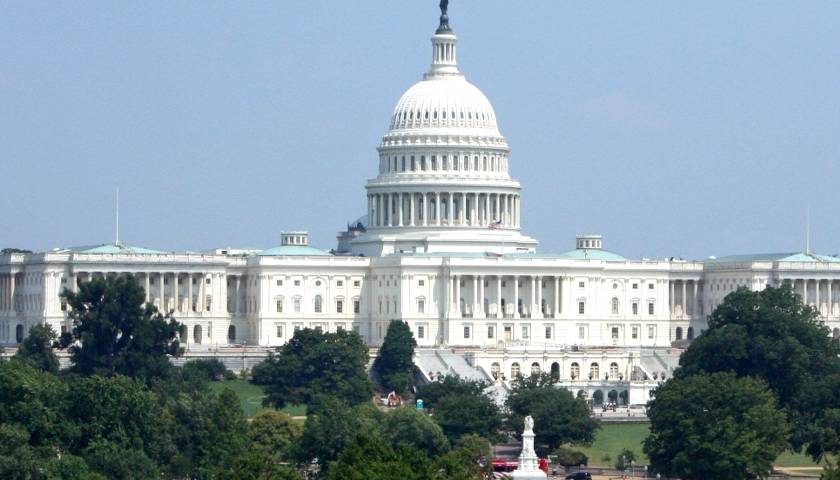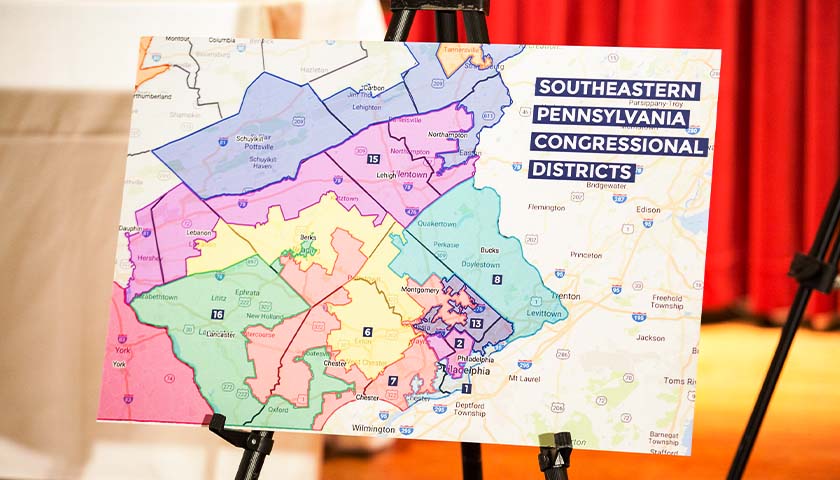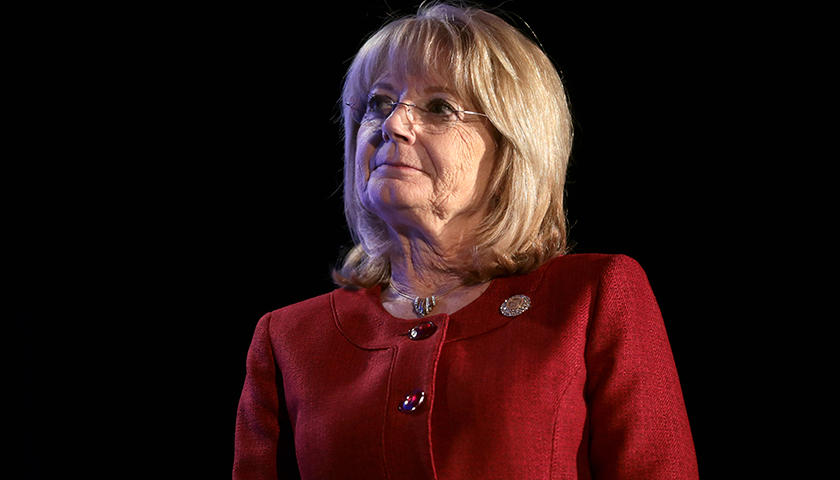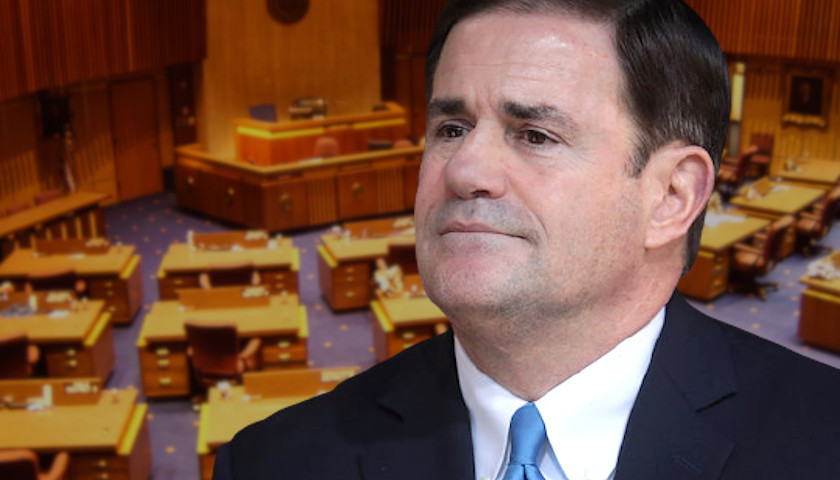Changes in congressional district boundary lines across several states do not appear to have damaged Republicans’ chances of maintaining a majority in the House of Representatives after 2024’s elections, experts told the Daily Caller News Foundation.
North Carolina, Alabama, Louisiana and New York have experienced redistricting processes ahead of the 2024 election. While experts had previously forecast adverse changes from redistricting in these states that could have cost GOP incumbents their seats, the processes have resulted, on balance, in races where likely losses of some GOP seats could be offset by the gains in other states, experts told the DCNF.
Read More



















